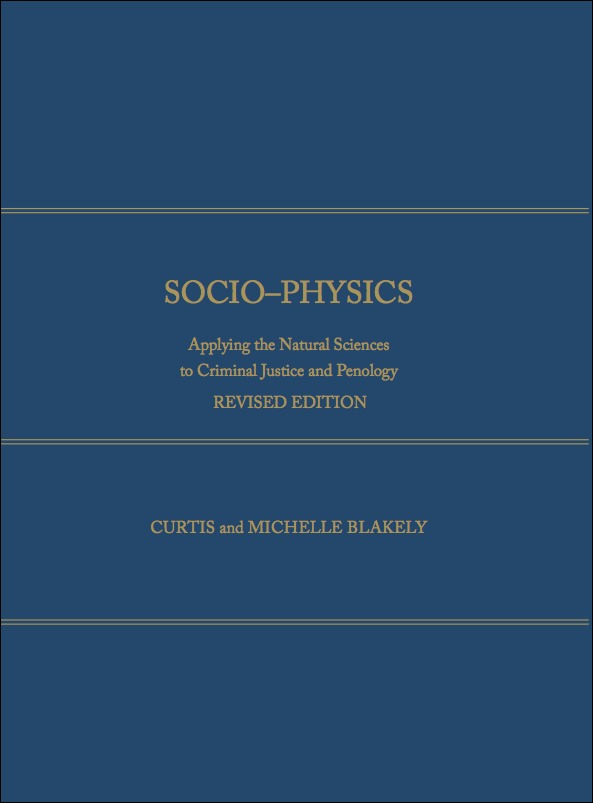Promoting Trustworthiness in the Application of Artificial Intelligence in the Judiciary: The Intersection of Media Communication, Court Decisions, and Public Trust
Abstract:
In the dynamic landscape of artificial intelligence, the extensive integration of AI has significantly altered societal paradigms and fostered the advancement of the digital milieu. However, it has concurrently engendered adverse societal ramifications, exemplified by challenges such as the opacity of algorithmic processes, contributing to a crisis of confidence in AI. Particularly within the realm of justice, media coverage concerning the utilization of AI in legal proceedings has evoked public apprehensions and apprehensions surrounding the deployment of AI by judicial entities. Despite the diversity of public perspectives on AI, its current role in the judicial decision-making process is ancillary, functioning as a supplementary tool for judges rather than constituting an autonomous judicial system. The indispensability of judges persists, given their exercise of discretion and capacity to consider multiple factors, thereby safeguarding the equity and justice of rulings compared to AI systems. To instil public confidence in the application of AI within the judicial domain, several strategies can be employed. Firstly, it is imperative to delineate the rights of litigants in AI-infused justice systems, ensuring a judicious equilibrium. Secondly, bolstering the transparency of AI-supported judicial systems is pivotal, encompassing measures to guarantee the interpretability of such systems and the establishment of independent algorithmic review bodies. These initiatives are paramount in cultivating public trust.



